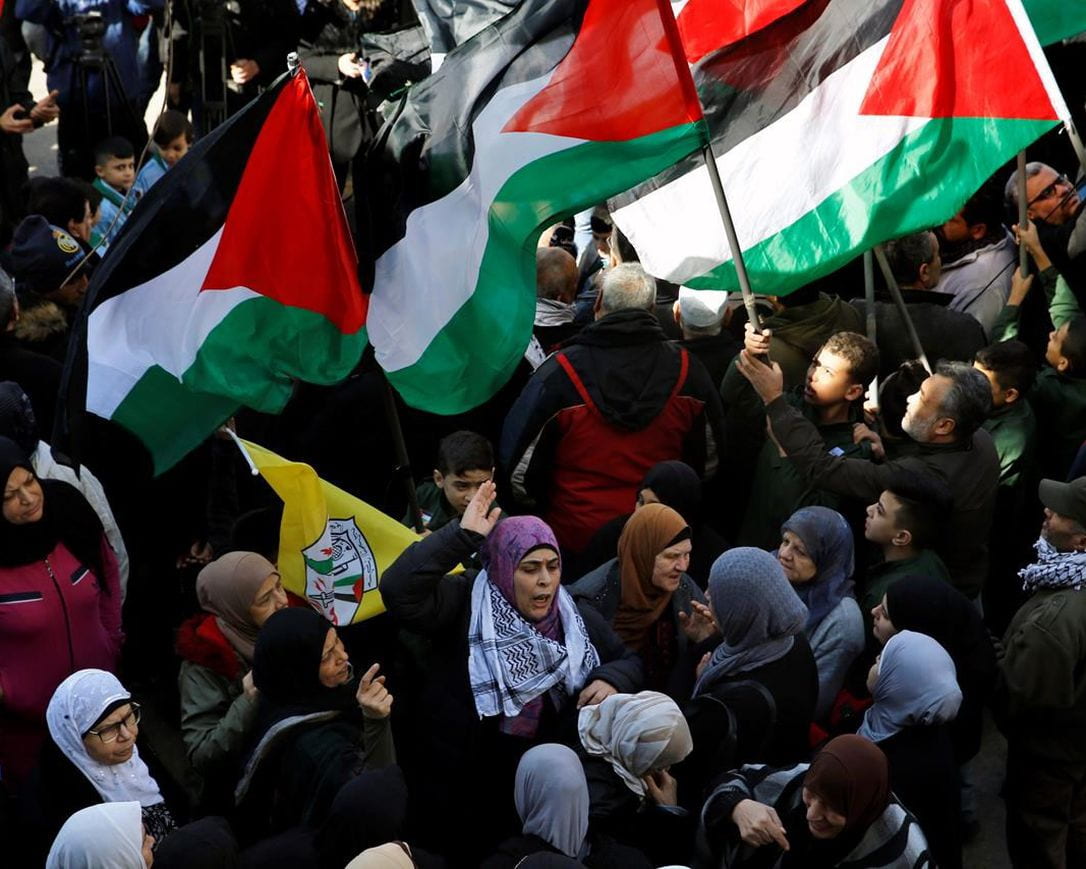In May 2020, I sat at the dinner table with my family breaking our fast for Ramadan as we heard our home country was still facing many hardships. Being Palestinian, I am constantly surrounded by news notifications and Instagram posts explaining the horrors of many lives, but for some reason, that night, I felt a different wave of emotions as I saw my friends post about their families and neighbors’ villages being bombed, indicating that my family’s village was under attack. Three years later, the feeling still lingers, echoing the struggles faced by my ancestors since Al-Nakba in 1948. Every year during Ramadan, which is the holy month for millions of Muslims around the world, I reflect on the safety of our homes midst of breaking our fasts while millions in Palestine struggle to protect themselves under Israeli occupation, not just in Ramadan, but since the first Nakba (catastrophe) in 1948. The Palestinian struggle has persisted through generations, yet it continues to be brushed off by many influential international figures.
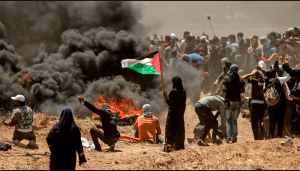
Al-Aqsa Attack
During Ramadan, a month of peace and harmony, we Palestinian Muslims observe, through social media, the horrifying repetitive news, waiting for the cycle to continue. A cycle where Israel attacks Gaza Strip arrests innocents, and raids holy sites. A cycle that is continuously ignored by the mainstream media. Earlier this week, the Masjid (Mosque) Al-Aqsa, one of the holiest sites for Muslims, was attacked by the Israeli Defense Force (IDF). While many were gathered to perform their prayers, the IDF stormed the Mosque, attacking worshipers, arresting many, and vandalizing the holy site. A place where Muslims go to strengthen their faith, find security, and seek sanctuary, has been torn away. This attack continued for two days, with the IDF arresting around 450 Palestinians. They stomped the Mosque right after Night Prayers, firing stun grenades and beating up worshippers using rifle butts. It is devastating to see a place of worship being attacked and turned into a crime scene.
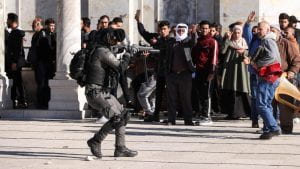
The images and events that took place in Al-Aqsa shocked the United Nations and many nations around the world. Turkey is among the few countries to come out and condemn Israel’s actions. The Arab League has urged the UN Security Council to intervene and stop the hate crimes, while other countries such as Jordan, Egypt, and Qatar have expressed their support for Palestine.
Amnesty International has documented the experiences faced by Palestinians during these attacks. Shadi, a 17-year-old, stated: “Twice I tried to raise my head, and both times [the police] beat me with the butt of their guns on my head […] you are not allowed to raise your head. I was hurting all over my body from the beatings and the bruises… what I went through does not even compare to the beatings others faced.”
The Palestinian Struggle
The Palestinian struggle has existed since 1948, with conditions deteriorating over time. Palestinians continue to live under an apartheid regime. Amnesty International noted through its past investigations that the Israeli forces enforce systems of oppression, domination, and control against Palestinians. Despite some portraying the Palestinian-Israeli conflict as a “two-sided” issue or a “religious war,” it requires the two sides to be on equal stance, for it is an equal fight. In reality, this is a one-sided conflict, where Israel possesses the weapons and Palestinians to live under its occupation. Since the Gulf War, Israel has implemented economic and political sanctions that are evident to this day. These sanctions include road blockades to prevent Palestinians from entering Israeli territories, controlled city borders, and different governmental statuses based on ethnicity. There is no explanation or justification that could be presented for the mistreatment of Palestinians. Along with Amnesty International, many countries and activists have called for the condemnation of Israel and for the International Community to take action to address the situation.
There have been efforts to enact peace plans and promote a two-state solution in the Israeli-Palestinian conflict. However, these talks often leave out the most critical voice, that of the Palestinians. The latter is impossible to achieve if Israel is not held accountable and faced with consequences for its actions in international courts. Peace cannot be reached as long as Palestinians continue to face disposition and displacement and live under constant control and occupation.
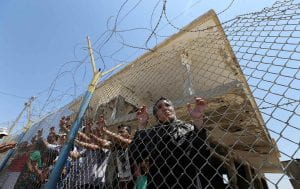
Human Rights Violations
There are numerous documented human rights violations committed by Israel, among which are:
- Apartheid. Israel established a system that mirrors Apartheid, which is defined as “an institutionalized regime of oppression and domination by one racial group over another.” Apartheid is seen as one of the worst human rights violations and drastically breaches international law.
- Unlawful attacks and killings. Israel is also accused of many unlawful attacks and killings of Palestinians, whether through storming Al-Aqsa to attacks on the Gaza Strip.
- The Right to truth, justice, and reparations. The Israeli government continues to be noncooperative with investigations by the international courts.
- Freedom of movement. There are over 170 permanent checkpoints and roadblocks within Palestine, impeding the Palestinians’ ability to travel freely throughout the country. Millions of Palestinians have been displaced since the start of the war, with the number continuing to grow with forced evictions and demolitions of homes and villages.
- Freedom of association and expression. Many Palestinians are denied the right to express their views and protest their attackers freely.
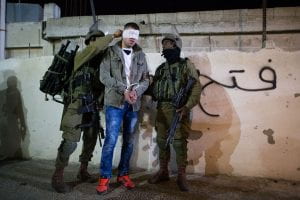
Gaza Strip
The Gaza Strip is known as the largest open-air prison in the world. Home to more than two million Palestinians, with the Gaza Strip being the Israeli authorities’ main point of attack and destruction. Israel completely controls the Gaza Strip by imposing an airtight blockade on land, sea, and air. Those who live in that region are rarely able to leave unless it’s an “exceptional humanitarian case, with an emphasis on urgent medical cases,”—which are rarely granted. Surrounding the Gaza Strip, Israel constructed an electric fence and a concrete wall to prevent entry and escape. In 2001, Israel boomed and demolished the only airport in the Gaza Strip, further isolating the region. Israel’s blockade and control of Gaza limit access to clean water, electricity, aid, and humanitarian and medical care. It is a modern-day prison camp that goes unnoticed in the mainstream media.
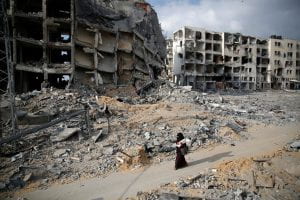
What can you do
The Palestinian struggle is a humanitarian issue that requires a much deeper dive beyond the scope of this post. Unfortunately, it is often overlooked and constantly neglected in mainstream media. The most vital thing one can do is to educate themselves, advocate, and be aware of the struggles happening across the world. Speak to your Palestinian peers, read publications, and listen to the news.
To learn more…
Check out Amnesty International’s full report: Israel’s Apartheid against Palestinians: Cruel System of Domination and a crime against humanity.
Keep up with unbiased sources that report on the conditions of Palestine and Israel, such as the B’Tselem – The Israeli Information Center for Human Rights in the Occupied Territories and The New Arab.
Mohammad Al-Kurd’s speech presented at the UN General Assembly.
